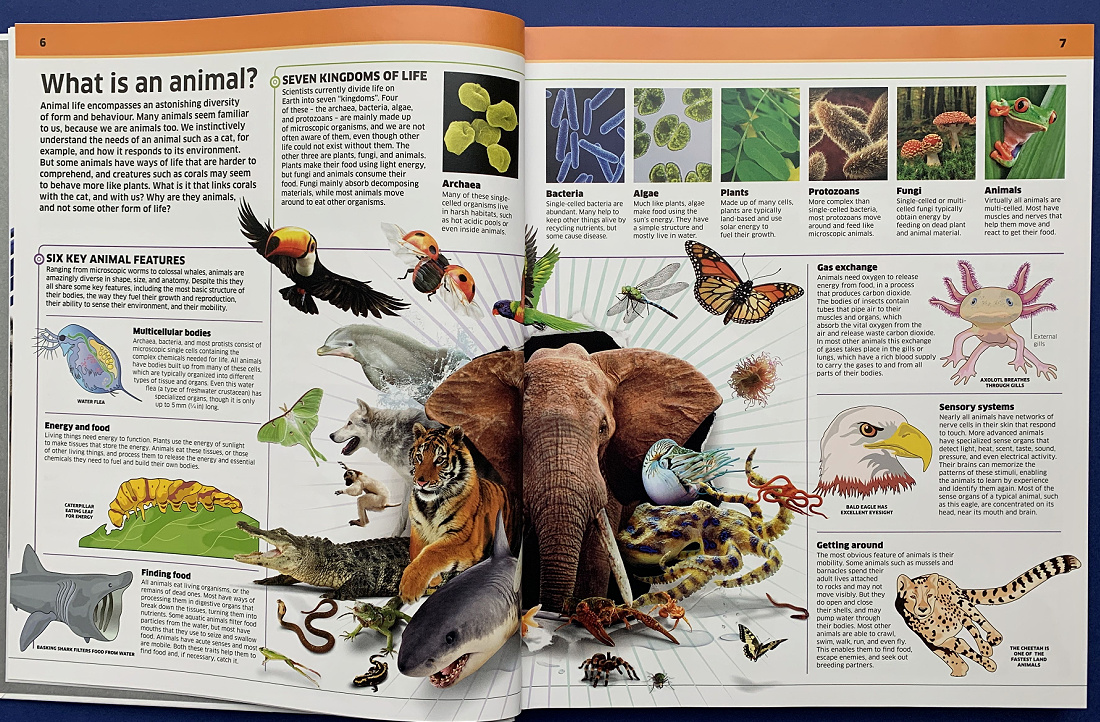In the vast tapestry of life on Earth, the diversity of species is truly awe-inspiring. From the smallest insects to the largest mammals, each creature has its own unique set of traits and behaviors shaped by the intricate workings of their brains. While human intelligence often takes the spotlight, the world of animal cognition is a fascinating realm that deserves exploration. In this blog, we will delve into the intricate and remarkable world of hund brains, unveiling the wisdom within these diverse and often underestimated cognitive powerhouses.
The Diversity of Animal Brains: One of the marvels of the natural world lies in the vast array of brain sizes and structures across different species. While humans boast a highly developed cerebral cortex associated with complex thought processes, other animals exhibit unique adaptations suited to their specific needs. From the intricate neural circuits of birds that enable impressive feats of navigation to the complex social structures shaped by the brains of primates, each species has evolved its own cognitive toolkit.
Cognition in the Animal Kingdom: Contrary to outdated stereotypes, animals exhibit a remarkable range of cognitive abilities. Studies have revealed instances of problem-solving, tool use, and even forms of communication that challenge our preconceived notions about intelligence. Elephants, for example, are known for their exceptional memory and problem-solving skills, while dolphins showcase advanced social intelligence and communication. The intricate dances of bees and the impressive memory of certain bird species further highlight the rich tapestry of cognition within the animal kingdom.
Emotions and Social Bonds: The realm of emotions is not exclusive to humans; animals too experience a wide range of feelings. From joy and sorrow to empathy and fear, emotional intelligence is woven into the fabric of many species’ lives. The intricate social structures observed in animals, such as wolves, elephants, and primates, reflect the depth of their emotional connections and the importance of social bonds for survival.
The Role of Brain Size: While brain size is often associated with intelligence, it is not the sole determinant. The concept of encephalization quotient (EQ), which compares actual brain size to the expected brain size for a given body size, provides a more nuanced understanding of cognitive abilities. Species like crows and octopuses, with relatively small brains, exhibit remarkable problem-solving skills, challenging the notion that intelligence is solely correlated with brain size.
Environmental Adaptations: Animal brains are finely tuned to their environments, reflecting the adaptive nature of evolution. The camouflage abilities of certain cephalopods, the echolocation skills of bats, and the memory-based foraging strategies of squirrels are just a few examples of how animal brains have evolved to meet the specific challenges posed by their habitats.
Ethical Considerations: Understanding the cognitive abilities of animals raises ethical questions about our treatment of them. As we unravel the mysteries of animal minds, the responsibility to ensure ethical treatment and conservation becomes increasingly evident. The more we learn about the richness of animal cognition, the more imperative it becomes to approach our interactions with these beings with respect and consideration.





